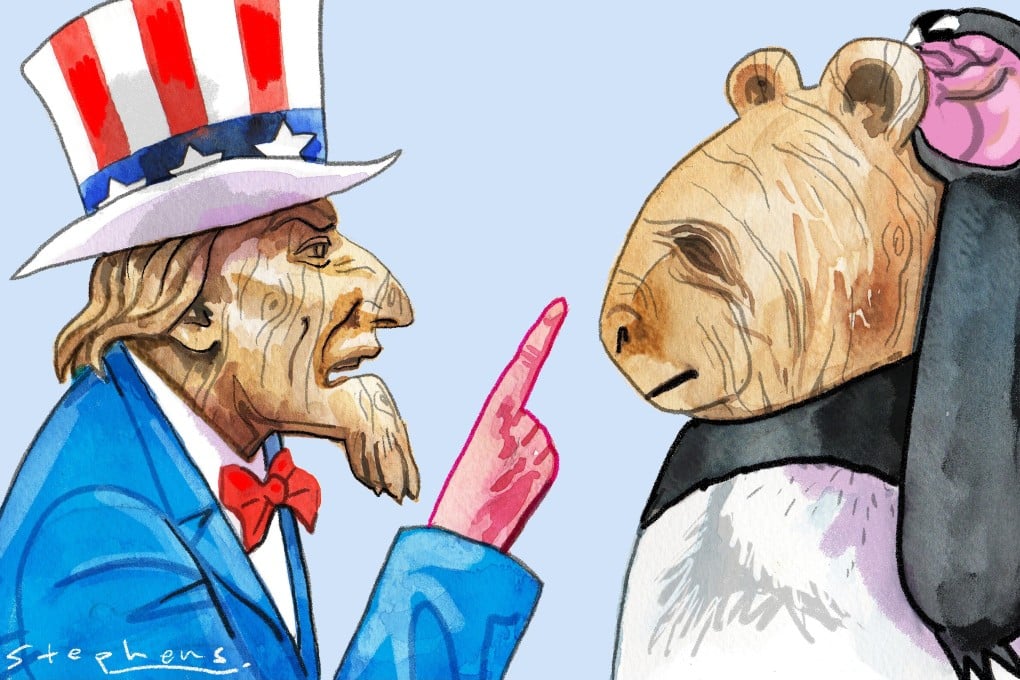US-China rivalry – over the South China Sea especially – may be a continuous contest rather than war
- While China consolidates its position in Asia, its neighbours and the US are adjusting accordingly. War serves neither side’s interests, especially if they can find ‘focal points’ for negotiation

Speaking at the recent Shangri-La Dialogue, Singapore Prime Minister Lee Hsien Loong used an oft-spoken aphorism: “When elephants fight, the grass is trampled; when elephants make love, the grass also suffers.” Over the weekend, I counted at least three other instances in which the statement was used. It shows one thing: Sino-American competition has intensified, and has indeed become a dialogue of the deaf.
In his corner, Wei gave as good as he got, stressing the peaceful nature of China’s rise and contribution to international security. While the general sounded tentative initially, he grew increasingly confident during his solo plenary, and at times asked Dr John Chipman, director general of the International Institute for Strategic Studies (IISS), if he could answer more questions.


